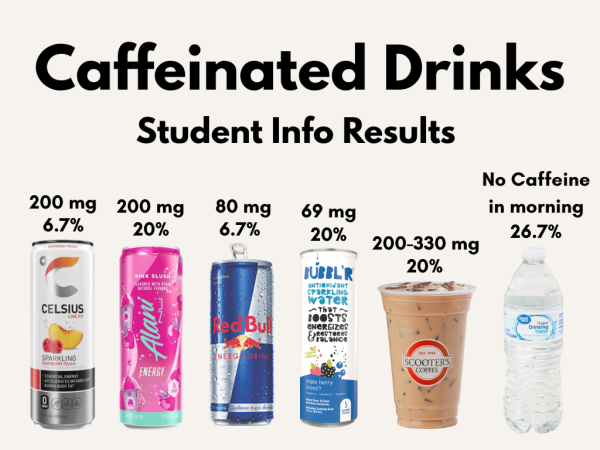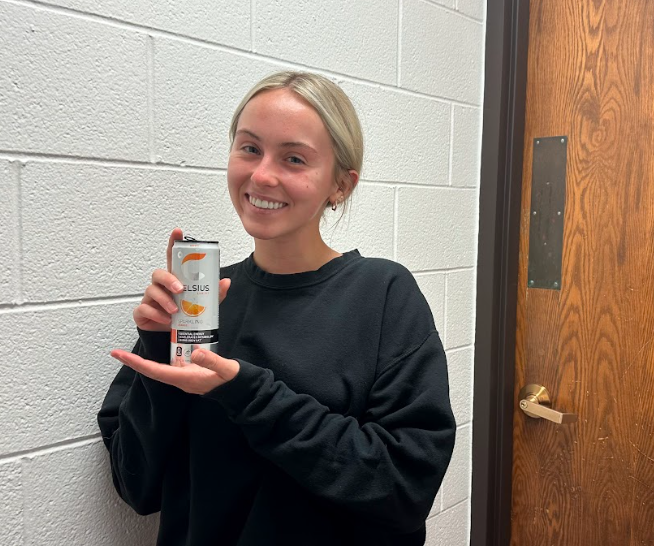Students all over Lincoln are sacrificing their much needed sleep in order to arrive at their first period class on time, at eight in the morning. This not only affects students’ attention spans, but also their overall health, especially when most teens drink caffeine in the morning to stay awake. Teenagers’ minds are very vulnerable because they’re still maturing, so getting enough sleep, and waking up naturally, is crucial for their development.
Several reports say that adolescents need at least eight to ten hours of sleep per night, but according to a small Oracle survey, most only get seven or eight. Getting enough sleep has shown to improve teenagers’ performance academically and athletically. Students will be more attentive, less irritable, and there’s even a positive correlation to the amount of sleep a student gets and class attendance.
Starting school an hour later, at 9 a.m. rather than 8 a.m., would help more students fall into that eight to ten hour sleeping period. Dr. Sonya Reynolds, a pediatrician at Complete Children’s Health, agrees that this would benefit students.
“Studies have been designed and outcomes were measured to answer the question regarding if later school start times affect students’ health,” Dr. Reynolds said. “The answer was a resounding yes. The schools that were able to move their start time later by 30-60 minutes found that many of their students increased their nightly sleep duration.”

Not only would starting later help student sleeping patterns, but it would also lead to a decrease in the consumption of caffeinated drinks. Most teenagers grab an energy drink before school because it’s convenient and they rely on that extra boost to wake them up. If school started an hour later, they would be given more time to wake up naturally. According to the National Library of Medicine, adolescents shouldn’t consume more than 100 milligrams of caffeine a day, but some of the most popular energy drinks, like Alani or Celsius, contain 200 milligrams. That is double the recommended dose, and that doesn’t take into account someone drinking two energy drinks a day. This overconsumption of caffeine results in high blood pressure, sleep disruptions, and irregular heartbeats. Students’ health is being compromised due to these addictive drinks.
Some seniors have already solved the issue of starting school later by removing their first period class from their schedules. This means that instead of coming into school at 8 a.m., school starts for them at 8:53 a.m. This allows them to get more sleep each night, as well as consume less caffeine in the morning to wake up. Piper Dains, a senior at Lincoln East, is one of many who don’t have a first period.
“I get an extra hour of sleep now,” Dains said. “I don’t have to rush, and I can actually study in the morning, which is really nice. I hated waking up, too. I was always late to first period because I didn’t want to go, so not having a first period is great. I also pay more attention now.”
Allowing students to get just one more hour of sleep might not seem like much, but it would seriously improve teenagers’ behavior and performance in school. Students would stop relying on caffeine to give them an energy boost, and might finally start paying attention in first period.



